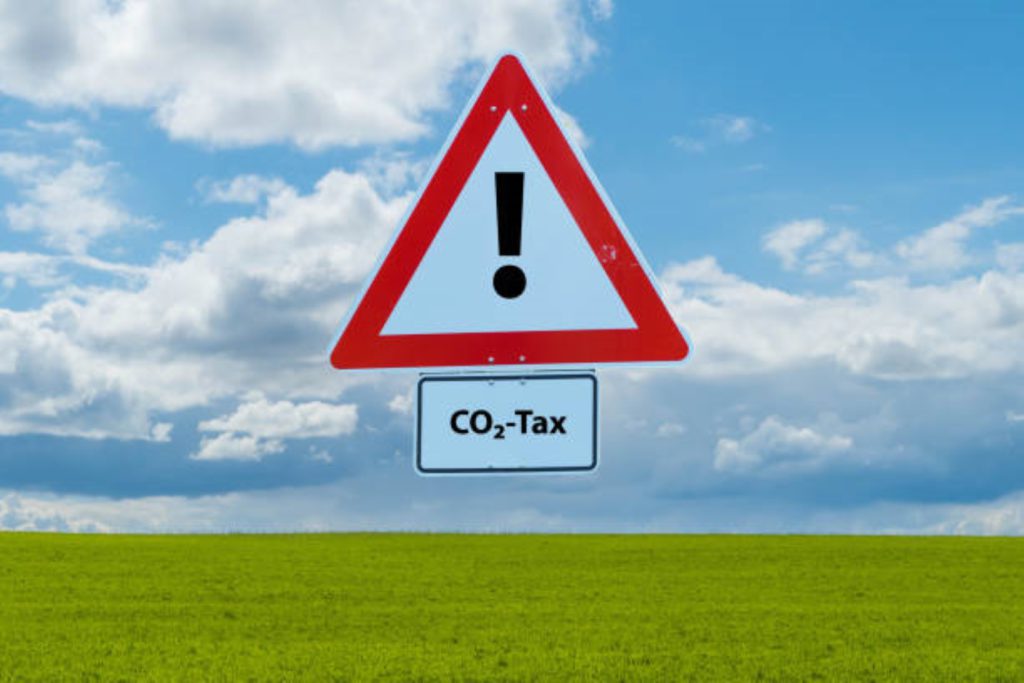Global mining industry will profit from supporting carbon tax policies: UBC researchers


The global mining industry is going to benefit financially from supporting “harmonized” carbon taxation policies, according to a new study released by the University of British Columbia’s mining institute.
Researchers argue that even though the cost of mining metals required for energy transition would increase due to taxes on carbon emissions, the hike would be small in relation to the value of the commodity and that carbon taxes would also compel other industries to shift to cleaner energy, which would further increase demand for metals.
“The mining stance towards carbon taxation policies has been fractured, some mining companies support the policy, a lot of miners have been lobbying against,” Sally Innis, a PhD candidate in mining engineering at UBC who co-wrote the study, told The Northern Miner.
“We thought it would be really interesting to see where these policies intersect, look at the numbers and see how the industry as a whole is impacted by the carbon taxation policies.”
Carbon taxation discourages the release of carbon dioxide into the atmosphere by forcing companies to pay for emissions from their activities. The policy is promoted to fight climate change and limit the rise in global mean temperatures to 2 degrees by 2100, a target set by the 2015 Paris Climate Agreement.
Using data from publicly available sources, the researchers calculated the value of 23 commodities per tonne of carbon dioxide required to produce them. They found that the high value of metals and minerals from mining makes carbon emissions look small by comparison. That isn’t the case for commodities in the energy and agriculture industries.
For instance, the study showed that more than $1,500 worth of copper, $1000 worth of nickel and $9,400 worth of iron ore can be mined for each tonne of carbon dioxide emitted, but the same emissions yield only $100 worth of coal or $200 worth of cheese.
The findings show that given any percentage of taxation tested, most mining industry commodities would not add more than 30% of their present product value, whereas commodities like coal could be taxed at more than 150% of their value, which would accelerate the green transition and demand benefits for mined metals.
The researchers used the 2019 prices of the commodities for the study.
Aside from the financial benefit, supporting carbon tax policies can also help the mining industry “find commonalities” with environment activists who have been at “each other’s throats” for decades, Innis says.
“Every product that can help us reduce the 36 billion tonnes of carbon dioxide we emit every year involves metals,” said PhD student Benjamin Cox, the study’s lead author said in a press release.
“To get to zero emissions, we need metals. It would be the largest boom the mining industry has seen since the California Gold Rush of 1849. The demand would be infinite.”
Comments
Robert Schafer
The logic here regaridng “savings” a mining operation will capture from a carbon tax is a bit baffling and twisted. The conclusion should be that mining has much higher productivity in terms of value of minerals produced per tonne of carbon emitted when compared to many other industries. This conclusion is at odds with statements made by “environmentalists” who consitently state that the mining industry is one of the largest emitters of CO2.